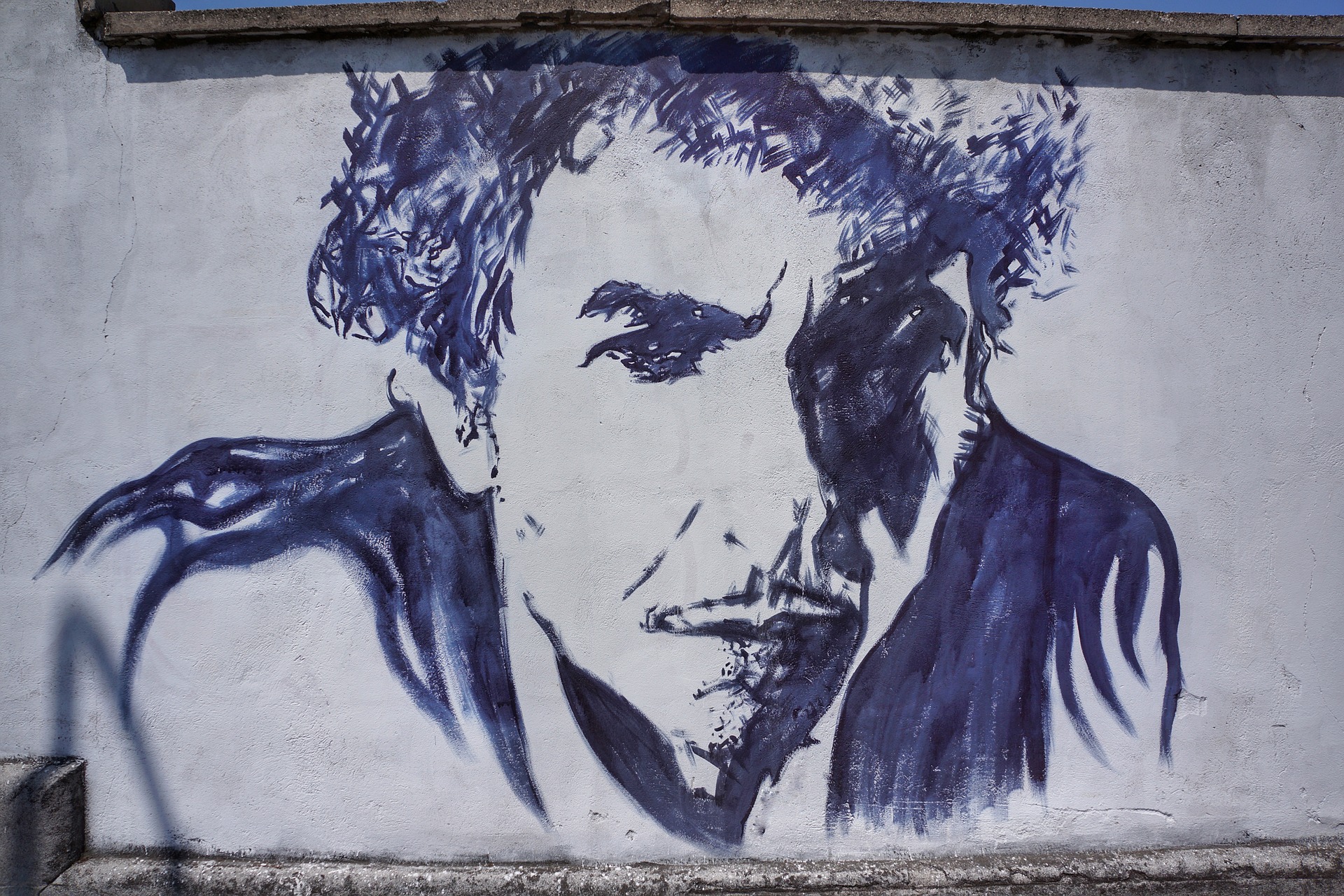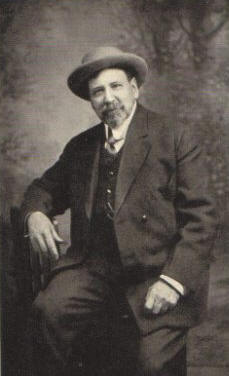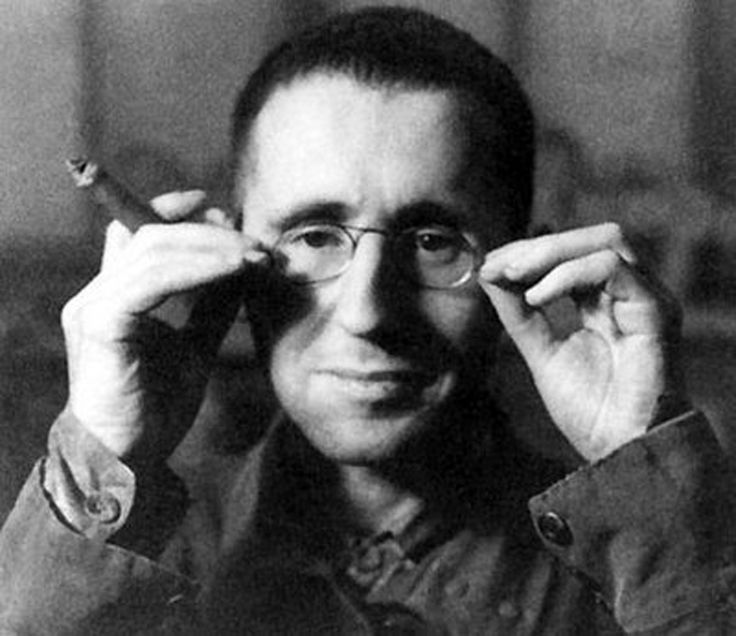About the poet– Bob Dylan is an American singer, songwriter, poet and painter. He was born on May 24, 1941. He was born in Minnesota, US. He has been one of the major influential figures in popular music and culture for his extraordinary folk and country songs. In 1961, he signed his first recording contract and emerged as one of the most influential voices in the history of American popular music. Dylan is known for his lyrics that incorporate an array of political, philosophical, social and literary influences. He has received eleven Grammy awards, a Golden Globe award, an Academy award as well as the Presidential Medal of Freedom. In 2016, he received the Nobel prize in literature “for having created new poetic expressions within the great American song tradition”.
John Brown by Bob Dylan Summary
Stanza 1-
In the very beginning of the poem, Dylan introduces the two characters in the song. John Brown, a young soldier proudly marched off to fight a war in a foreign land. Wars are usually described as heroic deeds. Hence, his mother was really proud of him for participating in such a courageous act. His mother’s face was filled with joy as she saw her son in his uniform. She was really proud that her son was going to serve the nation. The words like “tall”, “straight” and “uniform” intensifies the sense of pride felt by both mother and son.
Stanza 2-
In this stanza, the mother compliments her son and says that he looks really fine in his uniform and that she is really glad to have a son like him. The image of her son holding a gun was a source of pride and satisfaction for his mother. She advises him to follow the Captain’s orders so that he can secure a number of medals. She says that she will proudly display his medals on the wall after his return from the battlefield. Here, the mother fails to realize the harsh realities of war. She is under the misconception that she is going to see her son in the exact same condition as she sees him now. She is ignorant of the impending doom upon her son’s life.
Stanza 3-
As the train accommodating the soldiers left, the mother began boasting about her son. She made sure that everyone understood that her son is a soldier and is off to war. She is not only proud of him for doing good for the nation but she also wants to flaunt and boast about her son in front of other people.
Stanza 4-
John has already gone to war. He sends letters to his mother. The mother involuntarily smiled when she received a letter from her son. She shows her neighbors the letter and brags about her son in the uniform holding a gun. Her son has achieved a recognition in the “good old-fashioned” war. Here, Dylan indirectly mocks the idea of “old-fashioned war” that was glorified by men. The sufferings, pain, and cruelties of human beings towards other human beings is never highlighted in “old-fashioned wars”.
Stanza 5-
As time passed, the letters stopped coming. She did not get any news about John for about ten months now. It could be either because John got seriously engaged in the war or because he was not in a condition to write any letter. Finally, she received a letter that said that her son was coming home from the war and that she should go down and met him on the train.
Stanza 6-
The mother was comforted at the thought of finally uniting with her and smiled. She excitedly went down to the train station and looked everywhere for her son but couldn’t find him anywhere amidst the crowd. Here, ‘her soldier son’ refers to the mother’s idea of seeing her victorious son, standing tall, as he returns home. Finally, when people moved away she saw her son in an unbelievable condition.
Stanza 7-
This stanza describes the horrific and deplorable condition of John Brown. His “face was all shot up and his hand was all blown off”. This terrible image is aimed at describing the fatal and gruesome consequence of war. The proud young man who stood “straight” and “tall” now wore a “metal brace around his waist”. He could not talk properly or loudly. He whispered to his mother in a voice that has been damaged by the horror of war but his mother could neither recognize his voice, not his face. His whole physical appearance had been altered. His torment and torture are not restricted to physical injuries but he has undergone mental trauma as well. This is reflected in his low voice.
Stanza 8-
Shocked at this wounded and terrifying condition of her son, the mother asks John the reason for his present state of being. John tried his best to open his mouth and speak but he was unable to do so. His mother could not bear to look at her son’s pain and suffering and turned her face away.
Stanza 9-
After experiencing the disastrous and evil aspects of war, John seems to condemn his mother for her unrealistic idea of war. He asks his mother if she remembers that when he was about to embark on the so-called glorious journey of being a war hero, she considered it as the best thing that he could do. He says that while he was fighting on the battlefield in the war, his mother was back at home feeling proud and happy for the heroic acts of her son without realizing the pain he was going through. John shatters all the false illusions of war. He says that he is thankful that his mother was not there to watch the ruthlessness and bloodshed on the battlefield.
Stanza 10-
John says that when he was on the battlefield, he cried and wondered why he was there-what he was doing there. John brings forward the chaotic, brutal and irrational aspect of war. He was trying to kill somebody to save himself from being killed. He adds that the thing that scared him the most was when his enemy was close to him and he looked just like him-just like another fellow human being. Here, Dylan addresses the violence and injustice that men commit upon one another. It is a meaningless act that results in loss of life and property.
Stanza 11-
Brown is still panic-stricken as he recollects that amidst all the chaos and cacophony of war, he took himself as a puppet controlled by a warmongering administration who were just playing with the soldiers. The lives of the soldiers did not matter to them. All that mattered was victory or defeat. Here, war is aptly compared to a puppet show in which the soldiers have to mindlessly follow orders and kill as many enemies as they can. However, in this moment of contemplation, a cannonball came and blew his eyes away.
Stanza 12-
As John turned away, his mother was still in shock to see the metal brace that supported him to stand. She had never imagined that she would see her son in such a terrible condition. When she sent him off to war, she had expected him to return in the same condition, only more proud of his achievements. The poem ends on a very depressing note. As John Brown turned to go, he dropped his “medals down into her hand”. This image brings forward the futility of war. Is it worth going through so much trouble? Is it worth killing people? A medal cannot give back the vitality and vigor of the young man. A medal cannot give back the numerous dead soldiers. A medal cannot give back her “straight” and “tall” son back to the mother.
Some online learning platforms provide certifications, while others are designed to simply grow your skills in your personal and professional life. Including Masterclass and Coursera, here are our recommendations for the best online learning platforms you can sign up for today.
The 7 Best Online Learning Platforms of 2022
- Best Overall: Coursera
- Best for Niche Topics: Udemy
- Best for Creative Fields: Skillshare
- Best for Celebrity Lessons: MasterClass
- Best for STEM: EdX
- Best for Career Building: Udacity
- Best for Data Learning: Pluralsight











